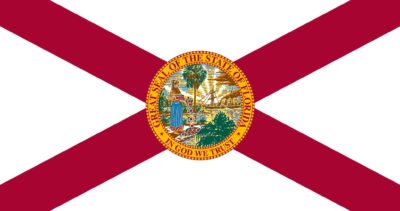Understanding public records is key to promoting transparency between the government and its citizens. Florida’s public records laws, more commonly known as the Florida Sunshine Law, serve as a conduit for this dialogue. However, navigating these laws can be a complex endeavor, with a multitude of questions typically arising for anyone wishing to access this wealth of information. This blog post aims to alleviate these complexities by addressing some of the most frequently asked questions about the Florida Sunshine Law. Whether you are a journalist, a researcher, or a curious Floridian, we hope this guide helps you navigate the intricacies of our state’s public records. However, it’s important to note that the answers to these questions might change over time due to modifications or additions to the law. As such, we encourage readers to also consult the most recent version of the Sunshine Law directly for the most specific, accurate, and up-to-date information.
GovTransfer is a cutting-edge workflow platform designed specifically for government agencies. Our mission is to revolutionize government operations by streamlining and automating workflows while ensuring strict compliance with regulations. We exist to empower government agencies with world-class software solutions that enhance their efficiency, effectiveness, and overall performance, ultimately fostering a more efficient and responsive government for the benefit of citizens.
The GovTransfer team has enabled government agencies to deliver over 1,000,000 records to the public. Our expertise in the government sector drives us to develop innovative software solutions that automate workflows and ensure secure and efficient information delivery. We are proud of our accomplishments and remain dedicated to building upon our past successes to provide impactful solutions for government agencies.
Updated: 5/31/2023
Reference: Statutes & Constitution: Title X | Chapter 119
Frequently asked questions about the Florida Sunshine Law
1. What constitutes a public record?
2. Who can request public records?
3. What agencies or entities are subject to public records laws?
4. Are there any fees associated with making a public records request?
5. How long does it take to process a public records request?
6. How can I request public records?
7. Are there any exceptions or exemptions to public records law?
8. Can a public records request be denied? If so, on what grounds?
9. How can I appeal a denial of a public records request?
10. Can I request any document or information from any state agency?
11. Is there a limit on the amount of information I can request?
12. Are there penalties for agencies failing to comply with public records law?
13. Do elected officials’ communications fall under public records law?
14. Do electronic communications (like emails or text messages) fall under public records law?
15. Are there protections for personal or sensitive information in public records?
16. Can an agency redact certain information from public records?
More questions?
Send your questions to hi@govtransfer.com and we’ll do our best to update this article on the frequently asked questions about the Florida Sunshine Law.



